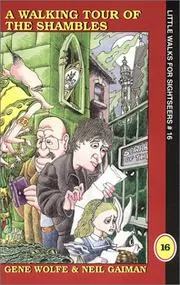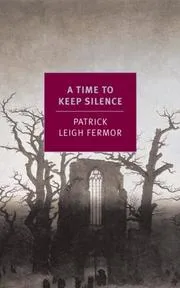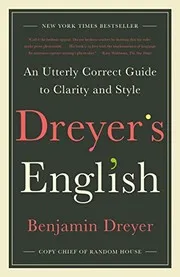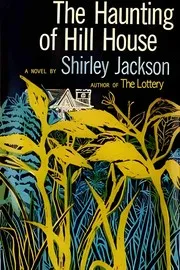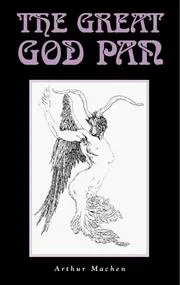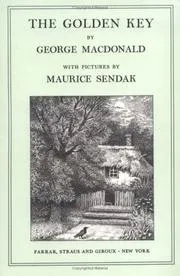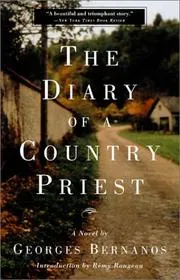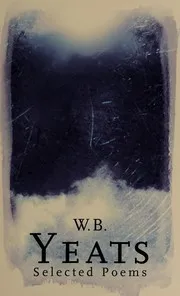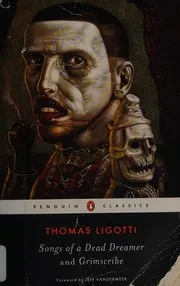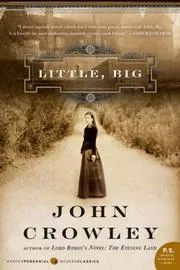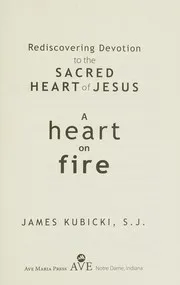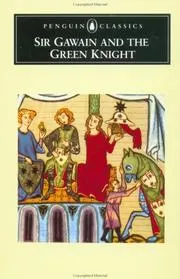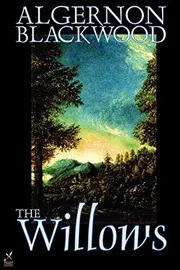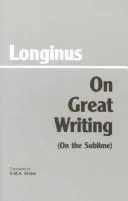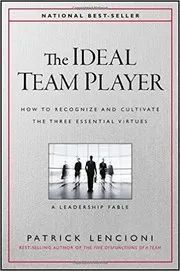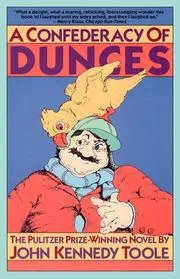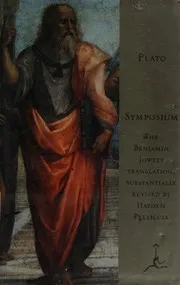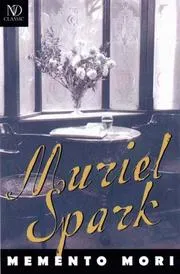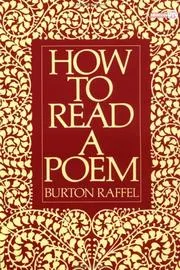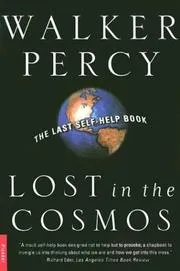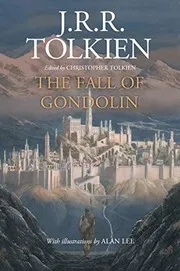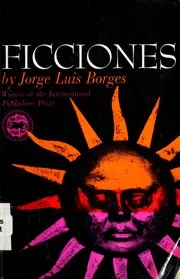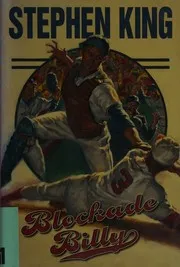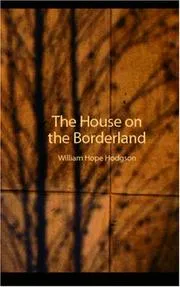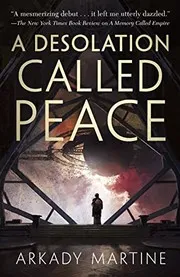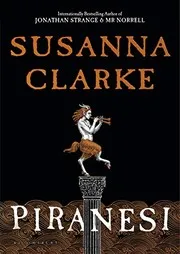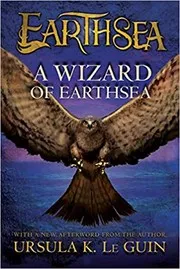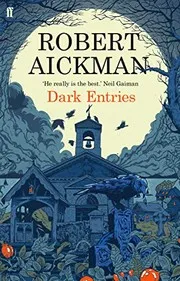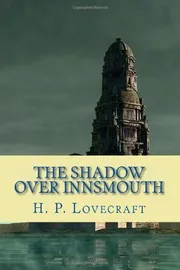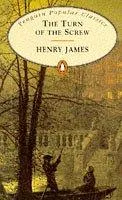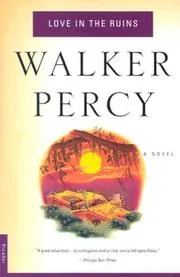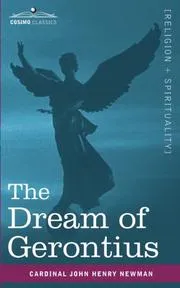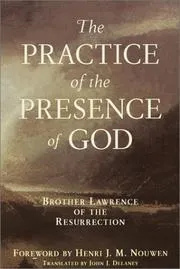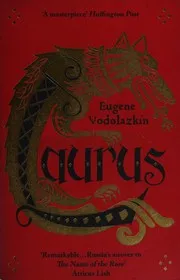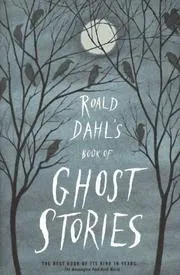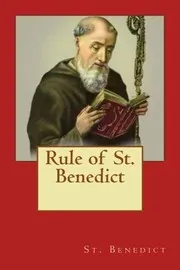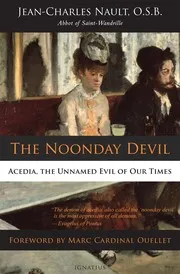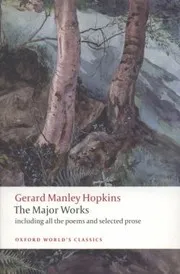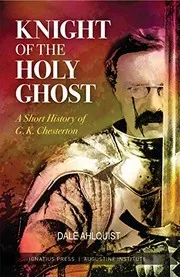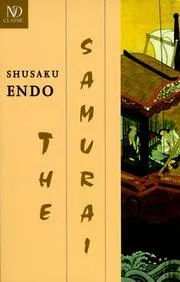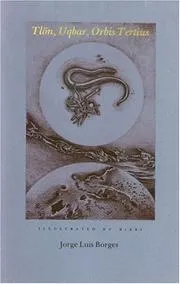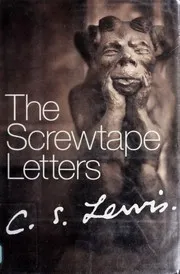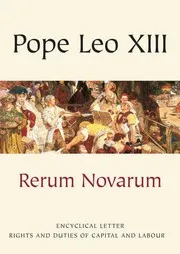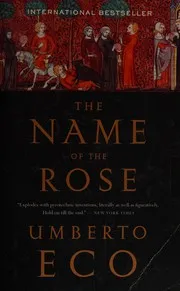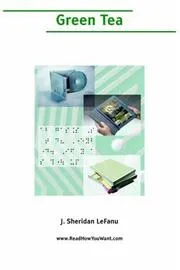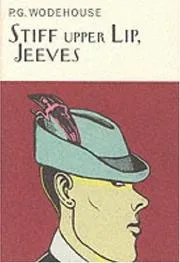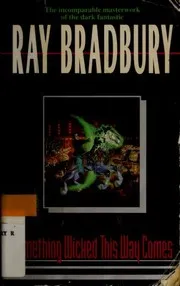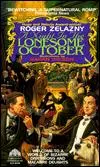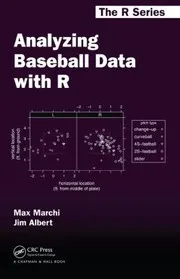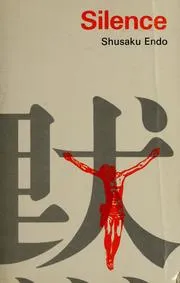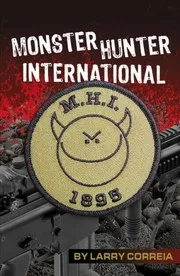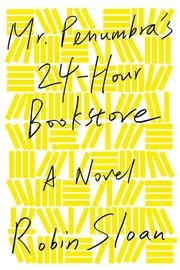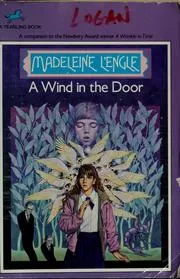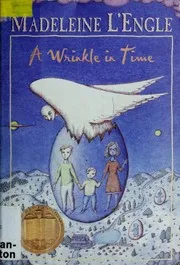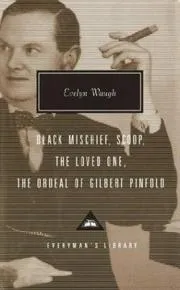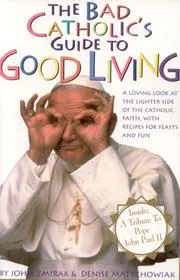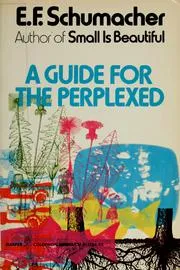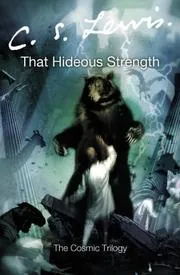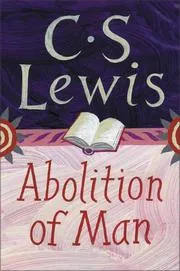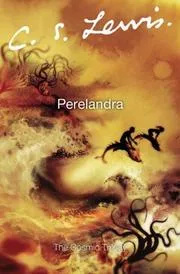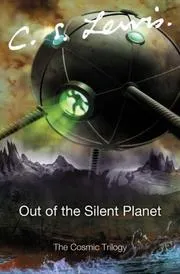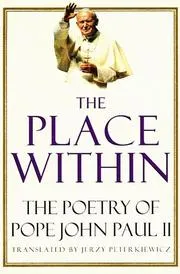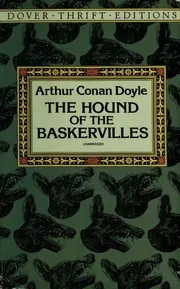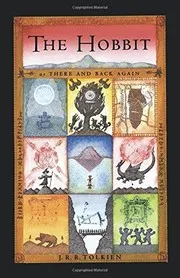2025
Crime and Punishment - 1866
Fyodor Dostoevsky
Finished: March 17, 2025
Whenever Razumikhin's not on screen, I was asking "Where's Razumikhin"?

Go, Dog. Go! - 1961
P.D. Eastman
Finished: January 19, 2025
I don't normally enter the books I read the kids, but I have to get this one off my chest: it's kind of weird that the through-going plot (text, not subtext) is about a guy driving down a woman's self-confidence until, when he finally pays her a compliment, she immediately goes home with him, right?
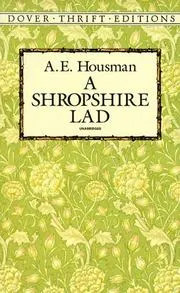
A Shropshire Lad - 1896
A.E. Housman
Finished: January 17, 2025
"[H]aving finished A.E. Housman’s A Shropshire Lad, I can see why he’s considered among the middling English poets…"
https://aaronmorey.com/posts/2025/a-shropshire-lad/
2024
The King in Yellow - 1895
Robert W. Chambers
Finished: December 28, 2024
"Robert W. Chambers’s The King in Yellow is regarded as a classic of horror writing. I have to say I was less impressed."
Full review at: https://aaronmorey.com/posts/2024/the-king-in-yellow/
Selected poems, (The Faber library) - 1972
W.H. Auden
Finished: October 25, 2024
Mrs Dalloway - 1925
Virginia Woolf
Finished: July 29, 2024
Lovely, I’m not sure how else to describe it. Proustian without the interminable scenes of awful people blathering on. Woolf (at least here, I haven’t read anything else by her) is gentle and empathetic. Each viewpoint character, as strange or damaged as they might be, is a person who makes up a part of the infinite not fully knowable mosaic of human experience. It’s Chestertonian, without being religious…
https://aaronmorey.com/posts/2024/mrs-dalloway-quick-review/
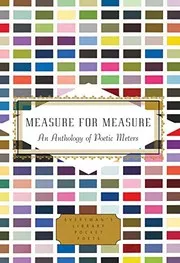
Measure for Measure: An Anthology of Poetic Meters (Everyman's Library Pocket Poets Series) - 2015
Annie Finch
Finished: July 14, 2024
This book provides something I've always wanted but never found written before: a brief (very brief, a page and a half at most) description of various poetic meters and then a bunch of examples. Looking at a stress/unstress pattern chart is all well and good for an initial introduction to a poem. But (at least for me, a learn-by-doing minded person), the FEEL of the pattern only becomes clear when you've read a dozen poems in that meter and you internal monologue starts slipping into it.
I, for example, never got hendecasyllables until I read this collection. When you encounter one example among a collection of poetry, it feels like a mistake. Like a misstep in the rhythm, or a lesser poem that the poet couldn't quite get right. But when you've red 5-10 of them in a row, you can sense the stutter step in the middle that the writer is creating intentionally.
If you're already quite adept at reading poetry this is probably all very basic, but if you're a beginner it really drives itself home.
The Wendigo - 1910
Algernon Blackwood
Finished: June 22, 2024
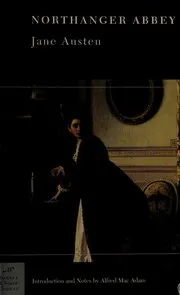
Northanger Abbey - 1817
Jane Austen
Finished: June 3, 2024
A brief review with a couple of very mild spoilers: https://aaronmorey.com/posts/2024/quick-review-northanger-abbey/
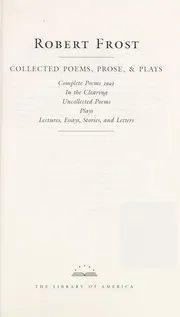
Collected Poems, Prose, and Plays - 1995
Robert Frost
Finished: May 14, 2024
My various thoughts on Robert Frost can be found here:
https://aaronmorey.com/posts/tags/robert-frost/
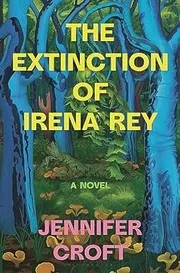
The Extinction of Irena Rey - 2024
Jennifer Croft
Finished: April 26, 2024
I wrote a review at my blog: https://aaronmorey.com/posts/2024/the-extinction-of-irena-rey/
"The Extinction of Irena Rey wears a lot of masks: it's part political thriller, part locked room murder mystery, part psychological horror (are the pagan Polish gods real, or is she having a mental breakdown?). But most of all, it's a Borgesian exploration of the concept of death of the author."
Pale Fire - 1962
Vladimir Nabokov
Finished: March 2, 2024

Moby-Dick or, The Whale - 1851
Herman Melville
Finished: January 29, 2024
This is one of the wildest works of literature I've ever read. Not simply that the plot is full of wild action, but that the book itself is written wildly, as if in a manic rush to get it all out. The tone, the pace, the style of prose all careen from one to the next. Humorous, academic, poetic, operatic, maniacal Shakespearean monologs. I admit there were points in the middle where I was waiting for something, for goodness sake to finally happen. But the final chapters come upon you in a rush.
The more I think about it, is the book itself structured like a sea voyage? The jovial early days of preparing to sail and setting off, the tedium of innumerable days at sea, and finally the terror of the mission at hand.
I'll be chewing on this for a long time.
2023
Dubliners - 1914
James Joyce
Finished: August 18, 2023
Treasure Island - 1882
Robert Louis Stevenson
Finished: May 5, 2023
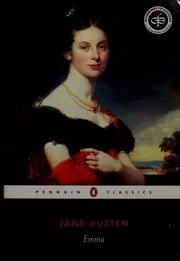
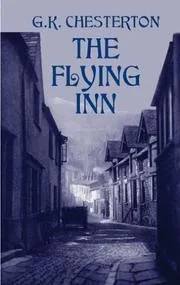
2022
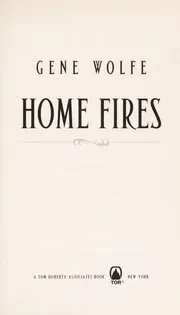
The Sign of Four (Sherlock Holmes, #2) - 1890
Arthur Conan Doyle
Finished: July 3, 2022
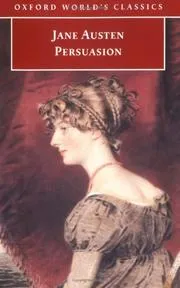
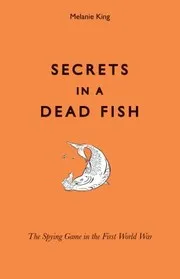
Secrets in a Dead Fish: The Spying Game in the First World War - 2014
Melanie King
Finished: March 1, 2022
This is a fun little book, but very disjointed. I would like to have read a more coherent narrative around who the major characters were, how their techniques developed, how they interacted with other branches of the military, how they affected the course of wars, etc. Instead it's presented as a stream of loosely related paragraph-long anecdotes, which make neat little fun facts but don't provide a broader view of the topic.
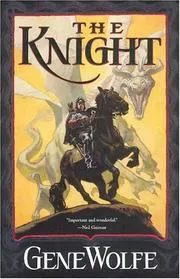
2021
2020
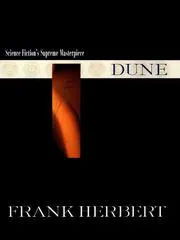
Dune (Dune, #1) - 1965
Frank Herbert
Finished: December 1, 2020
I should start by saying I liked this book a lot (I gave it four stars for goodness sake). It's deeply imaginative. It has, like any epic should, a strong sense of a larger world going on off the page, which the narrative of the book reveals only bit by bit. Lots of memorable lines and phrases.
It's not fair, I know, but I just wanted to like it more. It's not on the same level as the best of the best scifi/fantasy epics, like The Lord of the Rings or The Book of the New Sun. The prose is fine, it's not as bad as I was warned it could be, but Herbert not Tolkien or Wolfe. I didn't have the same sense of awed wonder that I expect from this kind of grandly ambitious novel. Maybe if I'd read it at 15 instead of 35.
All in all, a very good novel but it falls just short of the masterpiece tier I was hoping for.
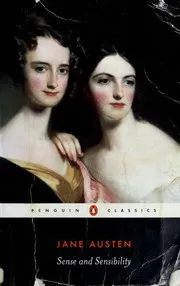
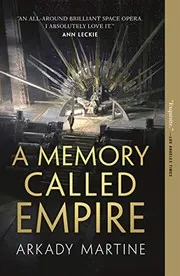
A Memory Called Empire (Teixcalaan, #1) - 2019
Arkady Martine
Finished: April 9, 2020
I’ve read some of the other three star reviews and I feel bad that I gave it the same rating. I liked AMCE a lot.
Teixcalaan is an engrossing world to explore. The author avoided taking the easy routes of making the all-encompassing empire a direct clone of either Ancient Rome or Nazi Germany. There are obvious parallels to Aztec culture, and Martine has said she based Lsel on medieval Armenia, both of which I’d suddenly like to know a lot more about.
I have a lot of thoughts about home and empire but I’m not sure I could do justice here.
The only real reason I gave it three stars was that it’s probably not timelessly substantial. It’s not Shakespeare, it’s not even Gene Wolfe, but it’s better than you you can reasonably expect a pulpy space opera to be.
2019
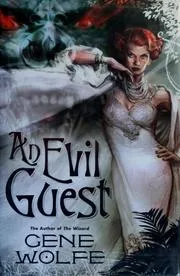
An Evil Guest - 2008
Gene Wolfe
Finished: September 16, 2019
I’m a big Gene Wolfe fan, but this one didn’t do it for me. Usually Wolfe’s prose itself is lush and beautiful, leaving you *feeling* something about the story even when you don’t fully understand what’s happening on a rational level. The clipped, pulpy style he uses here didn’t draw me in or make me care particularly about any of the characters or what happened to them. I’ve gathered from reading the usual Wolfe sites that there’s quite a bit more going on here than I picked up in my initial reading. But I don’t think I could bring myself to pick it up again to find out.
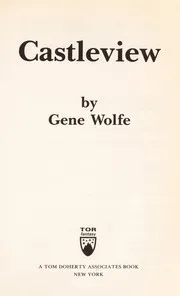
2018
Motherfoclóir: Dispatches from a Not So Dead Language - 2017
Darach Ó Séaghdha
Finished: August 1, 2018
The Dream of the Iron Dragon (Saga of the Iron Dragon, #1) - 2018
Robert Kroese
Finished: July 15, 2018
2017
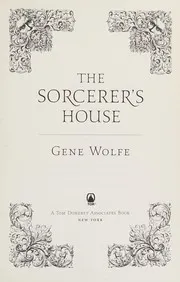
The Sorcerer's House - 2010
Gene Wolfe
Finished: April 17, 2017
I finished this book and thought "Meh". A lot of stuff happens and then it ends. It was enjoyable, but there was seemingly not as much substance as other of Wolfe's novels.
Then I started listening to a podcast called Alzabo Soup where the hosts go through the book chapter by chapter, explaining the some of the intriguing inconsistencies and double meanings that I missed the first time through. Without spoilers, I will just say don't trust the narrator and read the book closely.
I rated it a bit lower because I don't think the surface-level story is as enjoyable as other Wolfe books. But I think a careful re-reading and discussion open up a lot that isn't immediately apparent and very intriguing.
City of Sand - 2015
Robert Kroese
Finished: February 15, 2017
2016
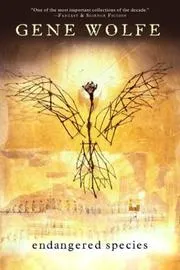
Iron Chamber of Memory - 2016
John C. Wright
Finished: April 8, 2016
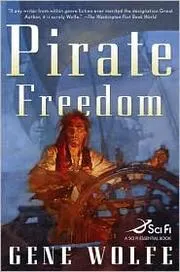
2015
Three to Get Married - 1951
Fulton J. Sheen
Finished: December 30, 2015
The Lord of the Rings (The Lord of the Rings, #1-3) - 1955
J.R.R. Tolkien
Finished: December 29, 2015
Somewhither (The Unwithering Realm Omnibus, #1) - 2015
John C. Wright
Finished: November 20, 2015
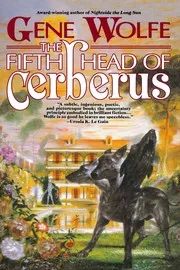
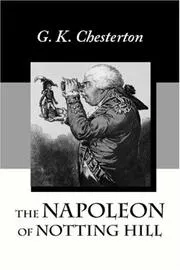
The Napoleon of Notting Hill - 1904
G.K. Chesterton
Finished: October 12, 2015
To the extent that I have a political manifesto, it is this.
The Complete Works of H.P. Lovecraft -
H.P. Lovecraft
Finished: October 1, 2015
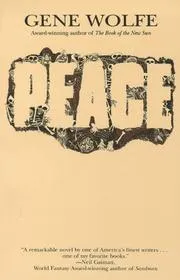
2014
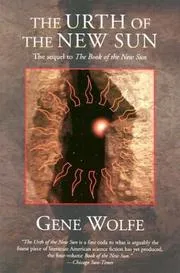
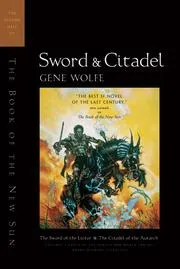
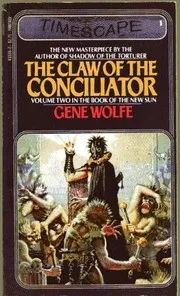
The Claw of the Conciliator (The Book of the New Sun, #2) - 1981
Gene Wolfe
Finished: September 1, 2014
2013
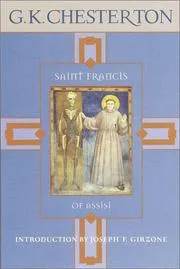
Till We Have Faces - 1956
C.S. Lewis
Finished: May 5, 2013
The Tempest - 1611
William Shakespeare
Finished: March 10, 2013
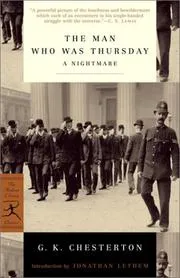
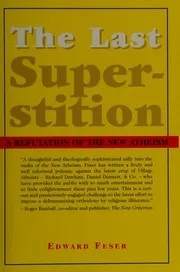
The Last Superstition: A Refutation of the New Atheism - 2008
Edward Feser
Finished: February 17, 2013
If you want to understand the classical philosophical framework that much of traditional Christian theology is based on, this book does a great job of explaining it. Ed Feser is a Thomistic philosophy professor who really knows how to make complex concepts make sense in a concrete way. This might be the most accessible overview of classical and Scholastic philosophy I've ever read. I'd love to give it 5 stars.
Sadly, I can't. Feser spends too much time making snide comments about the purveyors of "New Atheism". They mostly deserve it and its often amusing to me to see a good BURN! against an ideological opponent. But by stooping to that level, the book becomes an exercise in preaching to the choir. The people who I'd like to recommend the book to and would be most likely to benefit from it would likely be turned off by the aggressive tone.
I wish Dr. Feser had taken Aquinas's cool-headed tone along with his philosophical framework.
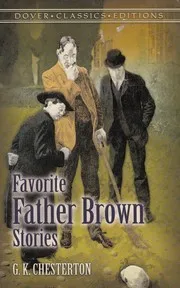
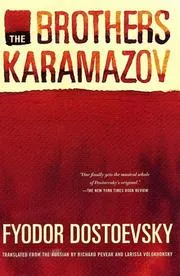
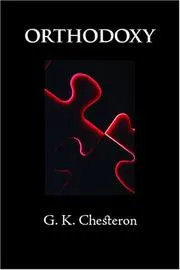
Send Out Your Spirit: A Confirmation Candidate's Handbook for Faith - 2010
Michael Amodei
Finished: February 13, 2013
A good overview of the Catholic faith for high school aged students. The topic is obviously too broad to go into much depth on any one thing in particular, but the content is good for the level it's at. A HUGE improvement over the previous edition.

